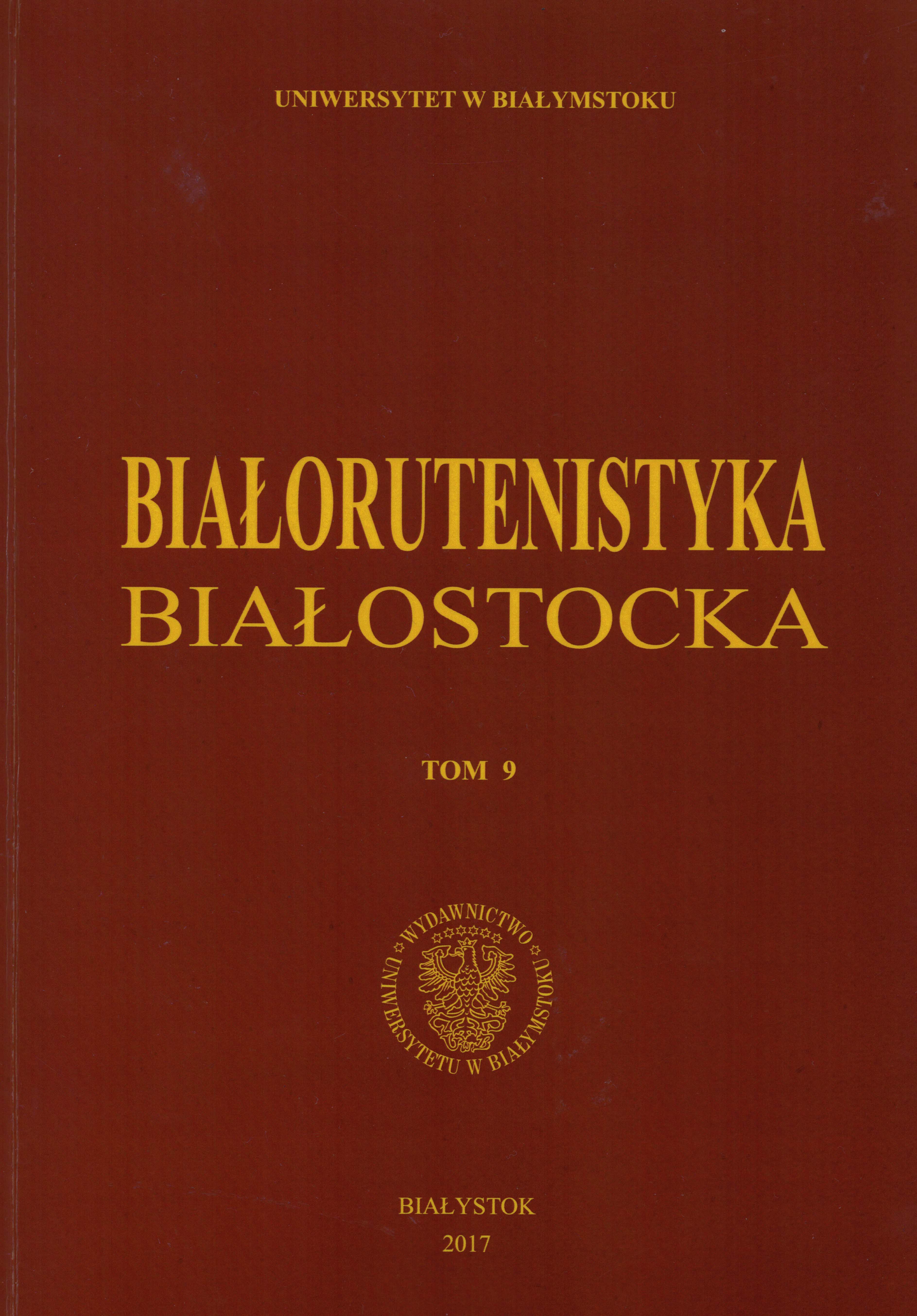„Dom” jako kategoria rozmyta w opowieści „Żywy towar” A. P. Czechowa
‘House’ as a blurred category in ‘A Living Chattel’, a short story by A. P. Chekhov
Author(s): Artur SadeckiSubject(s): Language and Literature Studies, Literary Texts, Studies of Literature, Russian Literature
Published by: Wydawnictwo Uniwersytetu w Białymstoku
Keywords: Chekhov; house; prototype; family; categorization
Summary/Abstract: The article is devoted to the way a category of ‘house’ functions in a short story ‘A Living Chattel’ by A.P. Chekhov. Since this literary work comes from the first part of Chekhov’s creative activity, the author mostly in an ironic way scrutinizes the problems of domestic hearth. There are three houses – a city house, a dacha and a country estate where the story of love triangle takes place. In the first house, the relationship between a married couple withers when the lover steps in. At the dacha, the lovers try to create their own domestic hearth but they fail. Paradoxically, in the third house being the country estate, a husband, his wife and her lover live peacefully under one roof. Chekhov creates a new vision of a house, which can be referred to as a peripheral element of a prototypical category ‘house’. Hence, the author identifies the symbol of changes which take place in the life of his contemporary families and which are reflected in the literature of those days.
Journal: Białorutenistyka Białostocka
- Issue Year: 2017
- Issue No: 9
- Page Range: 219-228
- Page Count: 10
- Language: Polish

